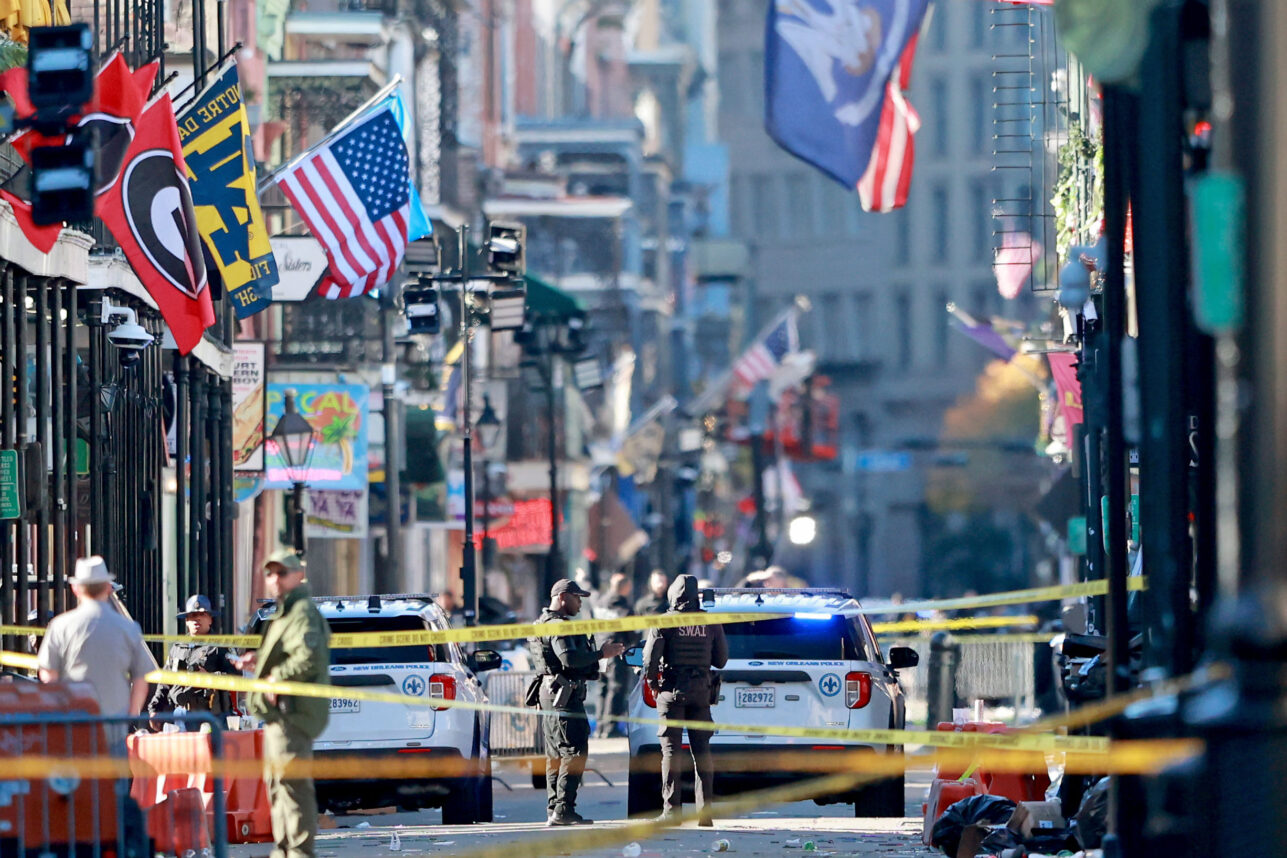“But I don’t want to go among mad people, Alice remarked.
Oh, you can’t help that,”said the Cat: “we’re all mad here.”
Lewis Carroll: Alice in Wonderland
It has become fashionable to invoke the M’Naghten rules as soon as there is a terror attack in Europe. Typically the perpetrator shouts “Allahu Akhbar” and murders innocent bystanders at some restaurant, bus stop, theatre, night club or what have you. Authorities quickly follow up by darkly muttering that the terrorist was actually a person with mental health issues. Their job is to convince the public how to engage in denial.
Whereas Freud explained a hundred years ago how defence mechanisms such as denial, projection and rationalization affected human behaviour, today we embrace these concepts as an integral and essential part of political correctness. For instance, politicians have suddenly become theologians and experts in comparative religion by stating that shouting Allahu Achbar has nothing to do with the real Islam. Security officials backed up by government ministers on the other hand, suddenly transform into psychologists and psychiatrists and become mental health experts. It’s a new form of multitasking.
The M’Naghten rules stem from 1843 after Daniel M’Naghten was acquitted on the charge of murdering Edward Drummond whom he had mistaken for British Prime Minister Robert Peel. He had believed that Mr Peel was conspiring against him. The court found him not guilty by “reason of insanity” which resulted in a public outcry to the extent that Queen Victoria intervened and recommended stricter criteria for insanity.
Unlike today’s government spokespeople and security officials, courts grapple with complicated insanity issues in criminal matters despite the input of expert mental health witnesses.
Of course, labelling each Islamist attack as a mental health issue could be counterproductive.
Anyone walking along a major boulevard in Berlin or elsewhere, would notice a fair amount of homeless people begging or bedding down for the night. Many of them would have mental issues, yet people walk past them without the slightest concern, let alone fear. Heaven forbid however, if one of these beggars would shout “Allahu Achbar,”—just these two words would be the game changer! If the beggar actually attacked a passerby, he or she would be labelled a criminal. Likewise, to stab or to mug someone in a park or bus stop is pure crime. Shouting the magic words whilst stabbing someone however, turns you into a mental health case. These people, it is routinely said, “became” radicalised just as others contracted some disease. Hence diminished responsibility.
From the terrorist’s, or in PC language, the “patient’s” point of view, the danger is, that by being called mentally ill, society steals his thunder. After all, ascending to Paradise as a psychiatric patient rather than a martyr, would certainly spoil the party. Welcoming virgins would also feel cheated and worse still, could find themselves in an abusive relationship.
Despite knee jerk responses to terror attacks by quickly reassuring the public that the stabber/shooter had “mental health problems,” the German government has nevertheless recommended that the public stock up with ten days of emergency food and water supplies. People with “mental health problems” have thus become a national security issue. Street beggars must be shaking their heads in dismay as they get overlooked. They might also fantasise where they should store their ten days of emergency supplies. Whatever, they have every reason to hold a grudge.
Since security measures and terrorists are involved in a cat and mouse game of one upmanship, authorities may be put on the defensive if terror groups started calling themselves the Al Neurosa Front, the Psychosis Caliphate or the Front for the Liberation of Acquired Organic Brain Disorder.
If that, heaven forbid, occurs, security officials will be outmanoeuvred and certainly out-diagnosed. The M’Naghten rules would no longer apply. EU officials in Brussels would have to come up with a new creative solution. They have already tried to regulate washing up gloves for the kitchen, the permissible shape of bananas and cucumbers, prohibited drinking water being falsely advertised as stopping dehydration, and made it illegal for prunes to be promoted as a fruit assisting bowel function. Creative thinking is certainly one of their strong points.
There is however one country which has had its fair share of terror attacks, but oddly enough, the perpetrators do not get labelled as having mental health issues. When it comes to Israel, the theologians and mental health experts in Europe and increasingly in the US, are either silent or rely on-you guessed it-the occupation.
“When I use a word,” Humpty Dumpty said in a scornful tone, “it means just what I choose it to mean—nothing more nor less.” Indeed.
Ron Jontof-Hutter is a Fellow at the Berlin International Centre for the Study of Antisemitism. He is the author of the recent satire ”The trombone man: tales of a misogynist,” available through Amazon, Lulu.com and other outlets.




















